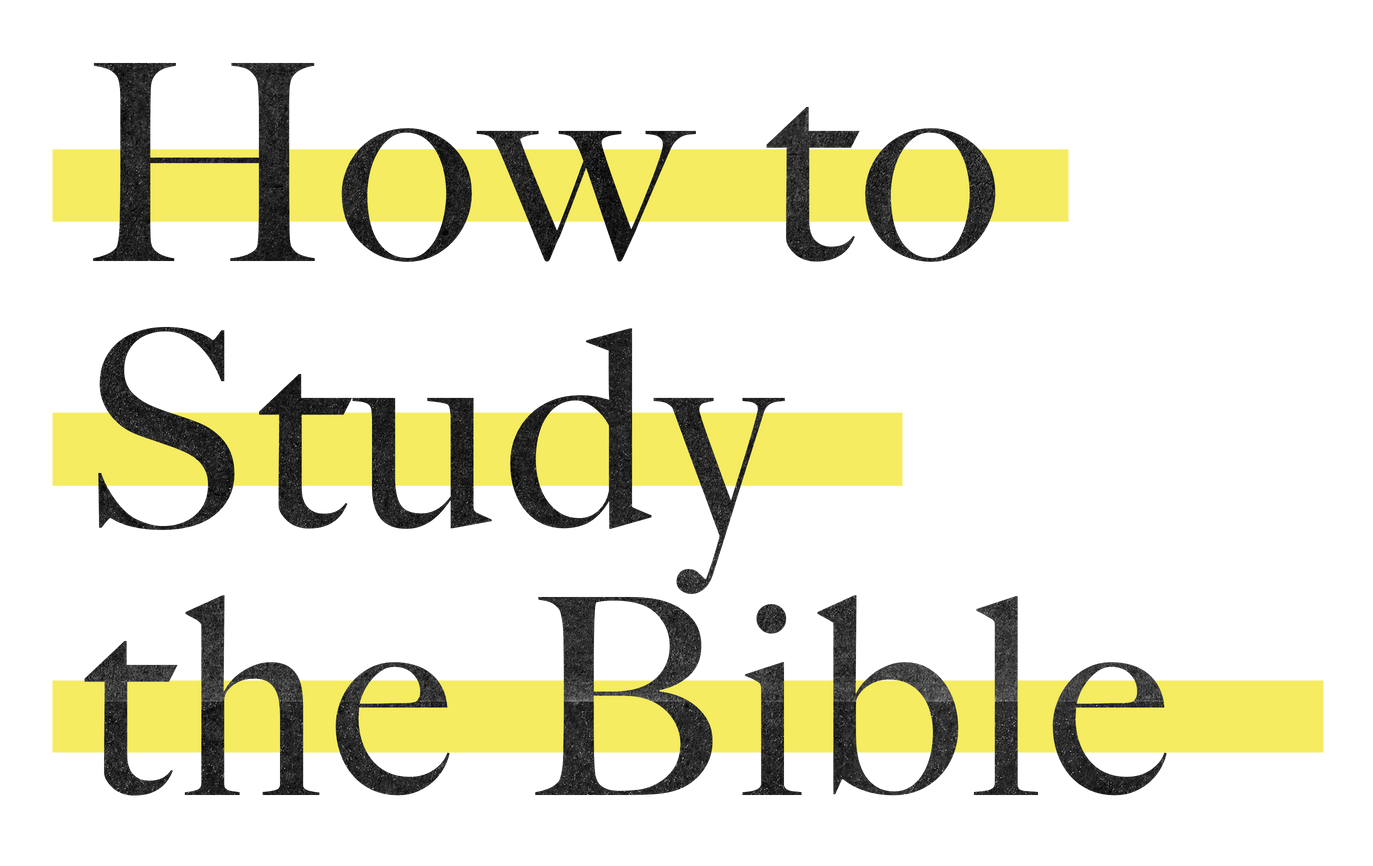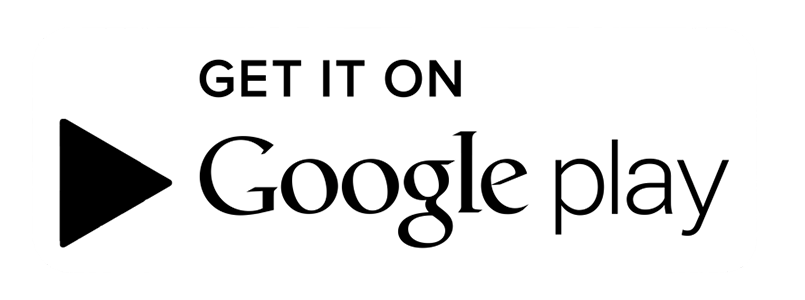
These five tips will help you learn how to read and understand the Bible more so you can grow closer to God.
1. Find a translation you understand
- The Bible was written in three ancient languages. Each translation into modern languages represents years of work to help you process the Bible in a way that makes sense.
- Choosing a translation - learn more with this video from The Bible Project
- Purchase a paper Bible - having a physical Bible you can hold, mark up, write in is a great way to experience the Bible
- Get the Bible app - access more than 2,400 Bible versions in over 1,600 languages on your computer, phone or tablet
2. Pick a time and place
Are you a morning person or a night owl? Do you like quiet places or bustling coffee shops? Do you learn by watching, listening, or reading? Do you prefer to read on paper or digital devices?
Once you decide on a routine that works for you, consider the following based on how you're interacting with the Bible:
- If you're reading on a digital device, find a Bible plan to follow
- If you're reading on a paper Bible, consider using a Study Bible
3. Uncover the context
The Bible is a collection of 66 different books, written in three languages, across three continents, over a 1,500-year period by 40 different authors. Therefore, understanding context is important! The following tools can be helpful to understand who the text was written to, when, where, and why.
- Download the Bible Project's app - through videos, podcasts, and articles, you'll experience the Bible as one unified story that leads to Jesus.
- Try the Blue Letter Bible - Do-it-yourself access to scholarly tools - like language searches and commentaries.
- Listen to the BEMA podcast - Listen to content about the Bible with this walk-through podcast about the context of the Bible, the text, and surrounding history.
4. Read slowly, ask questions
There's no need to rush. Take your time.
Remain prayerful as you read. The Bible is alive and active. The Holy Spirit will bring revelation and understanding as you read and keep an open, attentive heart to the Lord.
A small group is a great place to discuss and process questions you have about the Bible.
5. Pray and apply what you learn
The Bible is meant to transform us,not just inform us. As we read it, It reads us! The more we apply what we learn from it, the more we become like Jesus.
As you read and study the Scriptures, ask God what He wants you to learn about Him and yourself.
Practice praying passages of Scripture. Certain parts of the Bible will speak to you. Practice putting those parts into your own prayers. This is a powerful practice because you are putting God's Word in your mouth, and speaking His truths when you pray.
2 Methods To Study the Bible:
The SPECK method (questions to ask while you read):
S - is there a Sin to be avoided?
P - is there a Promise to be claimed?
E - is there an Example to follow?
C - is there a Command to obey?
K - is there something to Know about God?
HEAR method (a great journaling method):
H - Highlight verses that speak to you
E - Explain what they mean to you
A - Apply the meaning of the verses to your everyday life
R - Respond in prayer, asking the Holy Spirit to empower your response to God's Word










